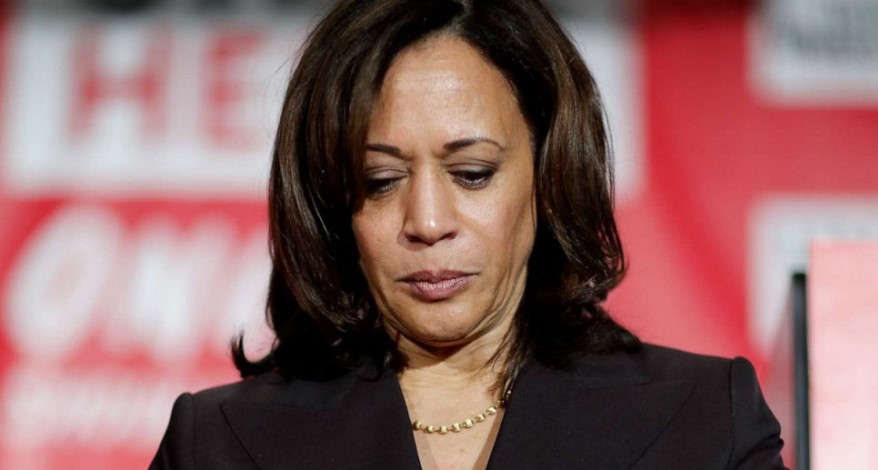Last week, US Vice President Kamala Harris visited Ghana, Tanzania and Zambia—the provisional highlight of a mating dance deployed by the superpower US to win over African countries.
On Tuesday, Kamala Harris stood under the Gate of the Black Star in Ghana, where the former colony became the first in Africa to declare independence in 1957. Harris said that by the middle of this century, a quarter of the world’s population would be African. “What happens on this continent is felt by the whole world,” she listed examples of African innovations—drones that deliver medicines in Rwanda or mobile payments in Kenya. Harris certainly did not limit her message to the countries she visited – Ghana, Tanzania and Zambia – the US wants to please all of Africa.
The tour is the provisional culmination of the Biden administration’s mating dance since the Africa Summit in Washington last December. Harris is the fourth American dignitary to travel to Africa quickly. First lady Jill Biden (Namibia, Kenya), Foreign Minister Antony Blinken (Ethiopia, Niger) and Finance Minister Janet Yellen (Senegal, Zambia and South Africa) preceded her in the past two months.
In Ghana, Vice President Harris spoke with President Nana Akufo-Addo, promised his country a $139 million cash injection, and spoke with young people and female entrepreneurs. Reporters noted that she also visited a fort from which enslaved people were sent to America – Harris was visibly moved.
On Wednesday evening, she flew to Tanzania, where President Samia Suluhu Hassan was promised half a billion for infrastructure, transport and digital technology, among other things. Yesterday she travelled on to Zambia before returning to Washington.
The American overtures have an obvious purpose: to counterbalance the growing influence of Russia and China. The renewed interest of the US can be traced back to the Ukraine conflict, says Africa expert Mirjam de Bruijn (Leiden University). The war made it clear that a new world order had emerged in which African countries had a choice.
But it is more than that: many African countries – especially before the double blow of corona and the Ukraine war – are the fastest growing economies in the world. Yet, “Africa itself produces very little; the US or China is mainly concerned with access to a market that will only get bigger and bigger.”
The choice of countries is also not accidental – with Ghana, Zambia and Tanzania, Harris not only visited relatively stable countries divided over West, east and south. They are also countries where China has invested heavily in recent years; Zambia is particularly heavily indebted to Beijing.
LGBTI+ RIGHTS
De Bruijn says an approach in which the West no longer tells African countries what to do fits into this changing world. Yet Harris does not shy away from raising LGBTI+ rights – which have been seriously threatened in many African countries lately.
Also, in Ghana. Last Monday, President Akufo-Addo addressed a joint press conference with Harris on the far-reaching anti-LGBTI+ laws currently being discussed in the Ghanaian parliament. When asked, he said he expects “certain elements” of the law to be “watered down” before signing it. That comment is now the day’s talk in Accra, says political scientist Hassan Wahab from the Ghanaian capital.
“It is understood that the president gave in very easily to American pressure; the parliament speaker has already reprimanded him. Laws are made following the wishes of the people. They should not serve as diplomatic change; that is how it sounds here,” says Wahab.

